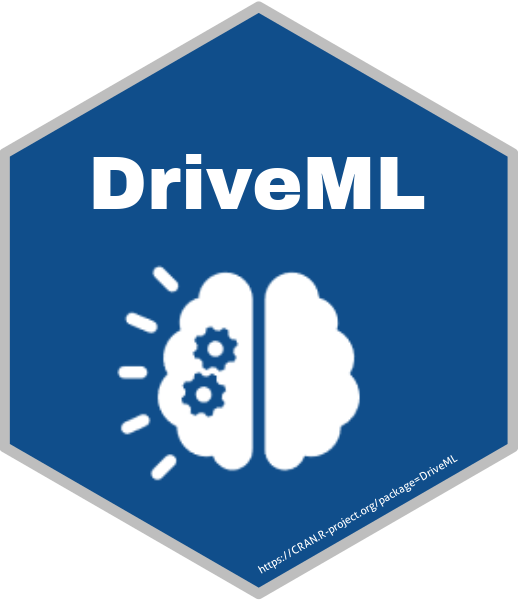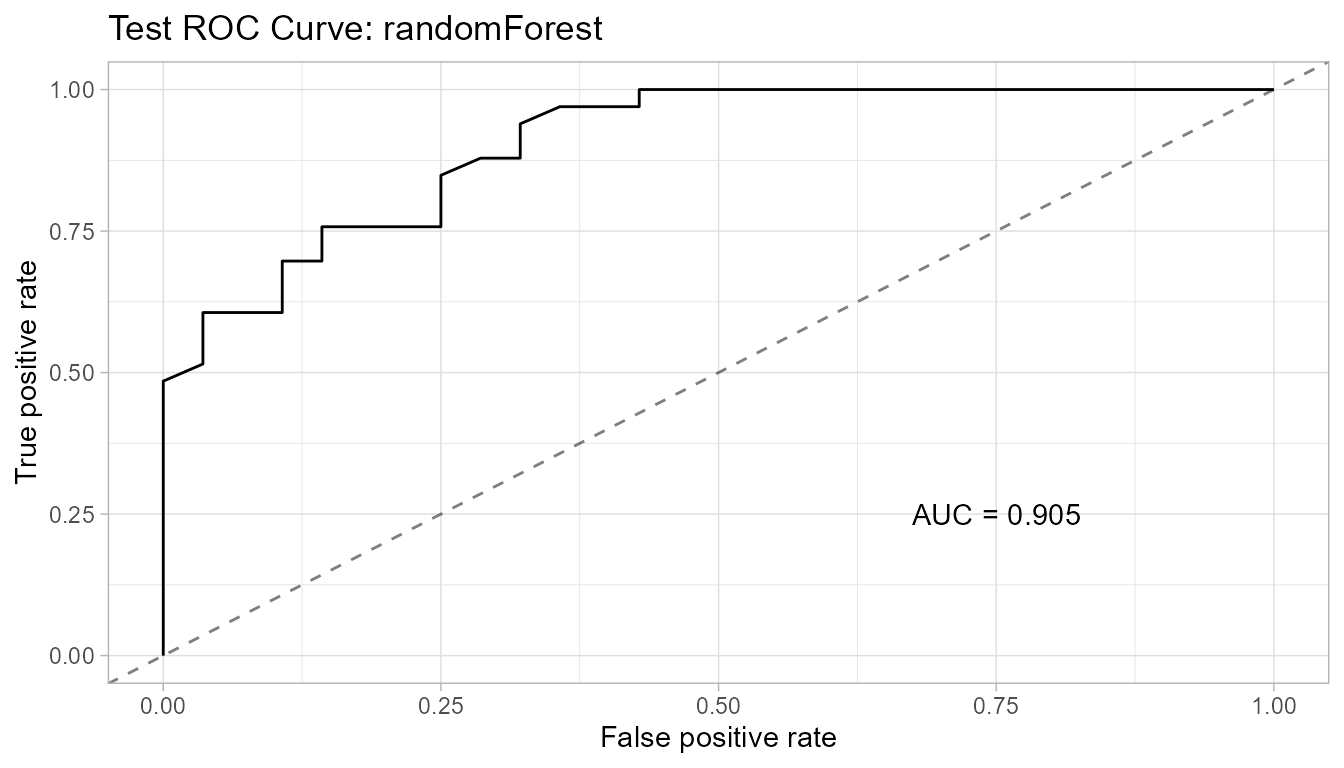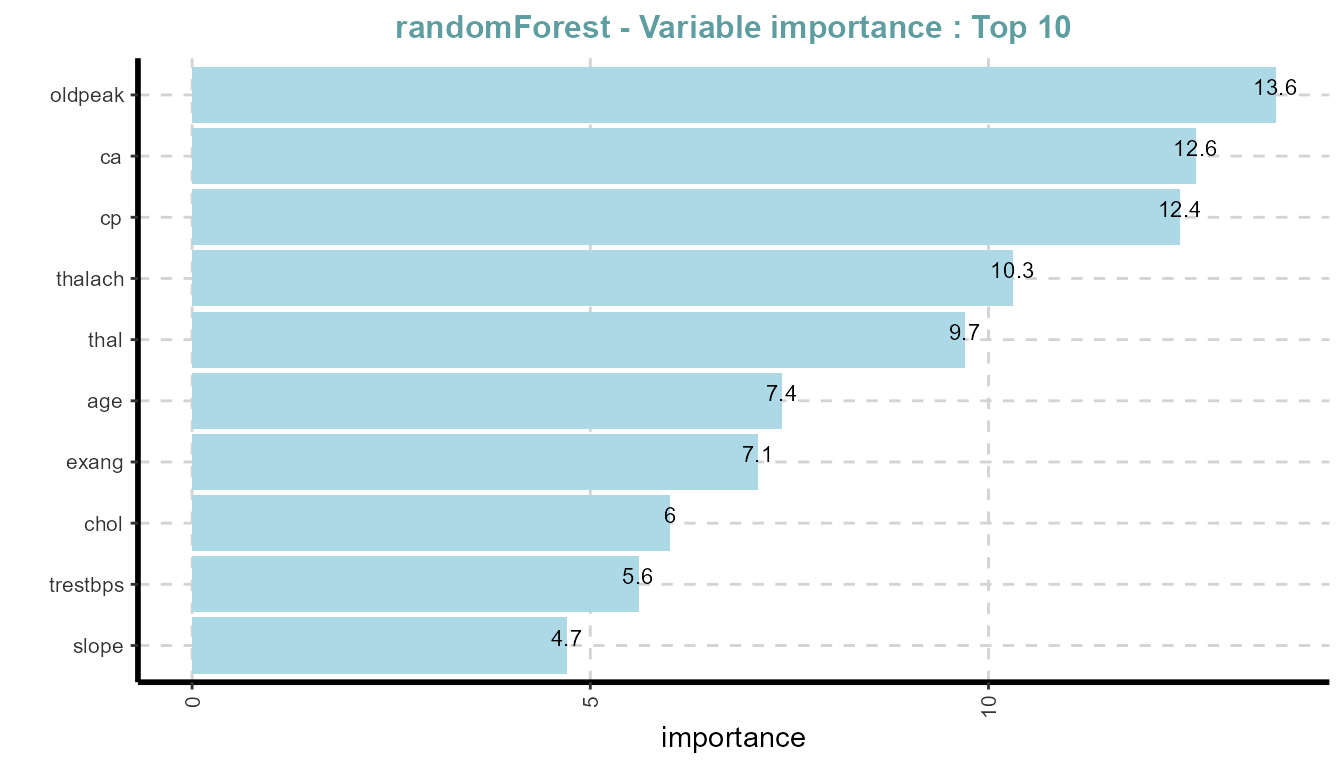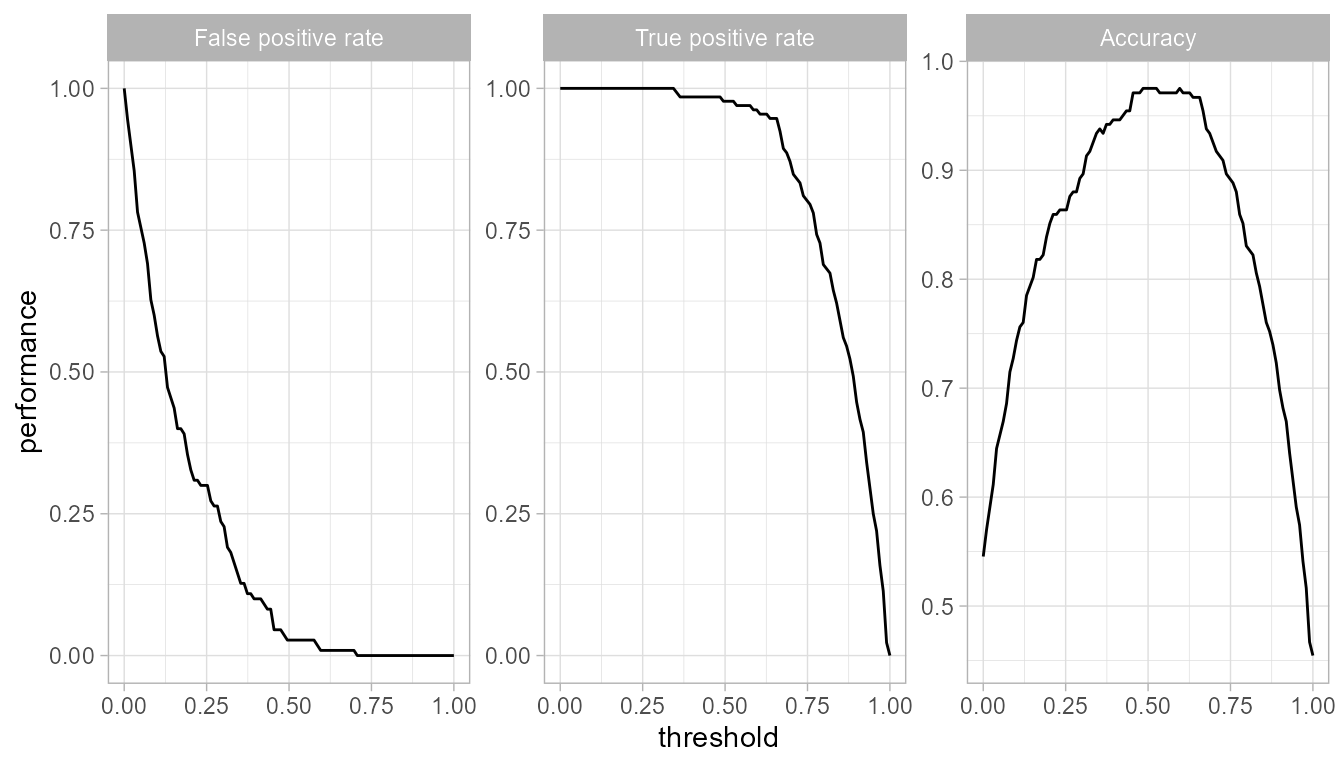

DriveML package for automated machine learning especially in the classification context. DriveML saves a lot of effort required for data preparation, feature engineering, model selection and writing lengthy codes in a programming environment such as R. Overall, the main benefits of DriveML are in development time savings, reduce developers errors, optimal tuning of machine learning models and reproducibility.
DriveML Framework:
DriveML is a series of functions such as AutoDataPrep, AutoMAR, autoMLmodel. DriveML automates some of the most difficult machine learning functions such as data cleaning, data transformations, feature engineering, model training, model validation, model tuning and model selection.
Three key features of DriveML : Pre-processing, ML Techniques and Model interpretations
AutoDataPrep function to generate a novel features based on the functional understanding of the datasetautoMLmodel function to develop baseline machine learning models using regression and tree based classification techniquesautoMLReport function to print the machine learning model outcome in HTML formatInstall from CRAN within R using:
Install the latest development version of the DriveML from github with:
In this vignette, we will be using Heart Disease - Classifications data set
Data source UCI
Understanding the dimensions of the dataset, variable names, overall missing summary and data types of each variables
## overview of the data;
ExpData(data = heart, type = 1)
## structure of the data
ExpData(data = heart, type = 2)To summarise the numeric variables, you can use following r codes from this pacakge
## Summary statistics by – overall
ExpNumStat(heart, by = "GA", gp = "target_var", Qnt = seq(0, 1, 0.1), MesofShape = 2, Outlier = TRUE, round = 2)## Generate Boxplot by category
ExpNumViz(heart, gp = "target_var", type = 2, nlim = 25, Page = c(2, 2))
## Generate Density plot
ExpNumViz(heart, gp = NULL, type = 3, nlim = 10, Page = c(2, 2))
## Generate Scatter plot
ExpNumViz(heart, target="target_var", nlim = 4, scatter = TRUE, Page=c(2, 1))One function to prepare a input data for machine learning model
# Data Preparation
small_data <- autoDataprep(heart, target = "target_var", missimpute = "default",
auto_mar = TRUE, mar_object = NULL, dummyvar = TRUE,
char_var_limit = 12, aucv = 0.02, corr = 0.99,
outlier_flag = TRUE, interaction_var = TRUE,
frequent_var = TRUE, uid = NULL, onlykeep = NULL, drop = NULL)
# Print output on R console
printautoDataprep(small_data)
# Final prepared master data
small_data_t <- small_data$master_dataOne function to develop machine learning binary classification model
# DriveML Model development
small_ml_random <- autoMLmodel(small_data_t, target = "target_var", testSplit = 0.2,
tuneIters = 5, tuneType = "random",
models = "all", varImp = 10, liftGroup = 10, maxObs = 10000, uid = NULL,
pdp = T, positive = 1, htmlreport = FALSE, seed = 1991)
# Model summary results
small_ml_random$resultsModel comparison results 
Test AUC 
Variable Importance 
Threshold Plot 
Generate a report in html format for the output of autoDataprep and autoMLmodel functions.
autoMLReport(mlobject = small_ml_random, mldata = small_data, op_file = "driveML_ouput_heart_data.html")The pre-print version of the paper on DriveML is available at ArXiv at- https://arxiv.org/pdf/2005.00478.pdf.
DriveML paper was presented at the 2nd International Workshop on Data Quality Assessment for Machine Learning at Knowledge Discovery and Data Mining (KDD) conference that was held on14-18 August, 2021, at Singapore. Conference workshop website link- http://data-readiness-kdd-2021.mybluemix.net
Boulange, A. (2020) automl: Deep Learning with Metaheuristic. URL:https://CRAN.R-project.org/package=automlr package version 1.3.2
Chen et al. (2020). xgboost: Extreme Gradient Boosting. URL:https://CRAN.R-project.org/package=xgboostr package version 1.0.0.2.
He, X., Zhao, K., & Chu, X. (2020). Automl: A survey of the state-of-the-art. arXiv:1908.00709v4. URL: https://arxiv.org/pdf/1908.00709.pdf
Therneau, T., & Atkinson, B. (2019). rpart: Recursive Partitioning and Regression Trees. URL: https://CRAN.R-project.org/package=rpart r package version 4.1-15.
Wright, M. N., & Ziegler, A. (2017). ranger: A fast implementation of random forests for high dimensional data in C ++ and R. Journal of Statistical Software, 77, 1–17. doi:10.18637/jss.v077.i01
Maher, M., & Sakr, S. (2019). Smartml: A meta learning-based framework for au-tomated selection and hyperparameter tuning for machine learning algorithms. In Advances in Database Technology-EDBT 2019: 22nd International Conference on Extending Database Technology . Lisbon, Portugal.